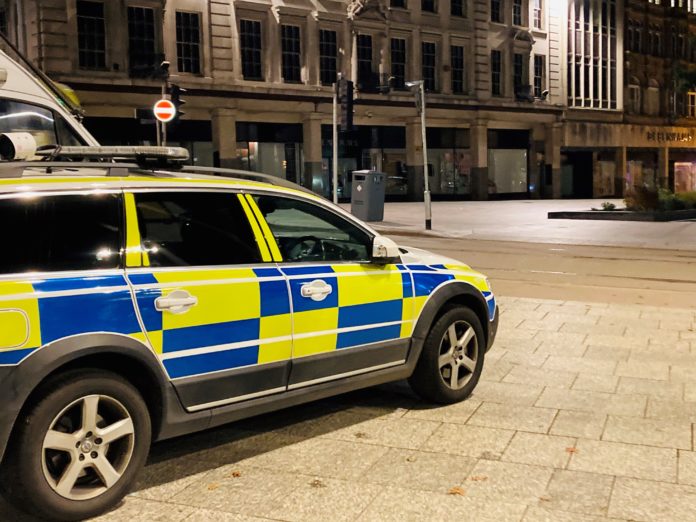
By Matt Jarram, Local Democracy Reporter
A council levy on city centre bars that serve alcohol after midnight looks set to be ditched to help business bounce back from the pandemic.
But Nottinghamshire Police and Nottinghamshire’s Police and Crime Commissioner have warned removing the levy could hinder their efforts to cut crime and disorder.
The Late-Night Levy has been running in Nottingham since 2014 to help offset the cost of policing the night-time economy.
Bars, pubs and clubs authorised to sell alcohol between midnight and 6am must pay the levy, which is based on the rateable value of the business.
The levy can be anything between £299 and £4,440 per year.
Between November 2020 and October 2021, income generated from the levy was £133,851. Currently 144 premises in the city boundary are liable to pay.
More than 100 premises that pay to be members of the Business Improvement District are exempt as the BID has its own plans to tackle late-night anti-social behaviour.
City councillors will meet on Monday, August 8, at Loxley House to determine whether the scheme should continue. Council officers have recommened that it should be scrapped.
The council says this will lessen the “financial burden” on businesses and remove a barrier for new or expanding premises.
It said: “The hospitality sector has come under severe pressure in the last 24 months during the pandemic because of the restricted trading conditions.”
A consultation on the levy is due to finish at the end of August. But the council has said the general consensus of opinion from businesses is the scheme should be ditched.
Income from the levy is split 30:70 between Nottingham City Council and Nottinghamshire’s Police and Crime Commissioner’s Office.
A report prepared for next week’s meeting shows money has been spent on overtime for police officers and on the cost of nine of the council’s community protection officers.
Superintendent Kathryn Craner, from Nottinghamshire Police, said: “The Late- Night Levy has provided the opportunity to supplement the night-time economy policing offer with overtime funding to prevent additional officers being drawn from the neighbourhoods.
“It has allowed the partnership to provide a prompt and robust response to emerging crime patterns, trends and hotspot locations.
“For example, the Late-Night Levy has recently contributed to Nottingham’s partnership response to the national ‘spiking epidemic’.
“A proposal has also been submitted for an additional CCTV camera on St James’ Street.
“Nationally, it is recognised that the re-opening of the night-time economy post pandemic has resulted in increased demand within the night-time economy.
“Until recently there has been a Cumulative Impact Assessment in Nottingham city centre. This restricted the number of licenced premises within designated zones and prevented over-saturation of licenced venues that could contribute to crime and disorder.
“This was not renewed in October 2021, with an intention of reviewing in Spring 2022, however, there is currently no live Cumulative Impact Assessment.
“The Late-Night Levy is collected from premises which sell alcohol after midnight.
“The removal of measures to prevent saturation of licensed premises plus removal of the Late-Night Levy contribution could reduce the partnership opportunity to put additional safety measures in place to reduce anti-social behaviour and violence associated with alcohol consumption.”
Nottinghamshire’s Police and Crime Commissioner, Caroline Henry (Cons), said she was “deeply disappointed” there had not been greater efforts to communicate with her about the plans.
She said: “One matter that I have regularly challenged the Chief Constable about is that of feelings of safety after dark, which has been identified as a key issue of concern by residents, and women and girls in particular.
“I have significant concerns that the absence of revenue raised via the Late-Night Levy will thwart mine and the Chief’s Constable’s efforts to make and keep our city centre safe.
“A further area of concern, if the Levy were to the revoked, is that of the impact and lack of resilience regarding football related violence.
“The promotion of Nottingham Forest to the Premier League is a wonderful achievement for our City and it will stimulate economic vitality and growth.
“However, I am told that there is connectivity between football events and violent crime and disorder, including drug taking.”
The council argues that the crime commissioner received grant funding of £237.2m in 2021/2022 and is expected to receive £250.2m, an additional £13 million for the period 2022/2023. This will ensure extra officers are employed.
If the council’s licensing committee decides to scrap the scheme on Monday, August 8, the scheme will be revoked at a meeting of the full council on September 12.



















